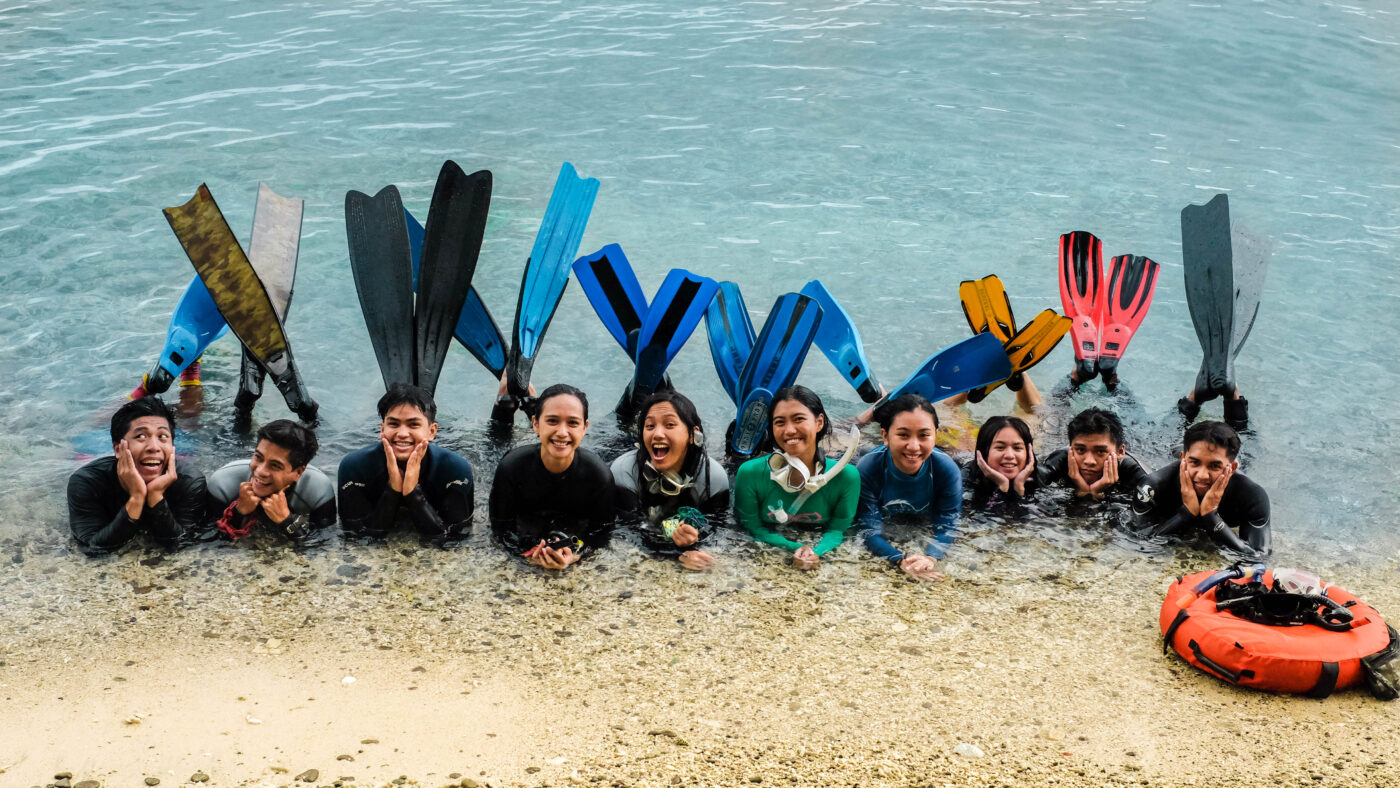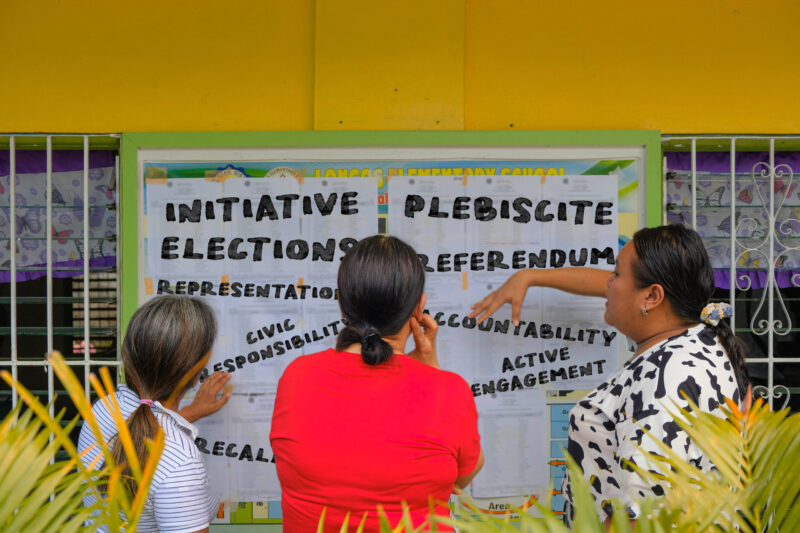It’s easy to recognize the glory of winning a championship or the prestige of donning medals on a podium, but it takes a deeper admiration to understand some communities in the Ateneo that partake in non-competitive sports for the fulfilment of certain advocacies.
The Loyola Mountaineers (LM) and the Institusyon ng Skin Divers sa Ateneo (ISDA) are two organizations that serve as avenues for non-competitive sports. These organizations not only require months of rigorous physical and mental training, but also call for concern and action on urgent social and environmental problems that plague the nation.
To the depths
ISDA began in September of 2011 when its founder, then-environmental science senior Gela Petinez, drew an interest in scuba diving. Despite initially planning to start a scuba diving organization, Petinez found the numerous equipment and technicalities required for the sport a major roadblock and eventually decided against it. Instead, she found the sport of skin diving, a more practicable sport that was just as immersive.
Skin diving takes techniques used in freediving and scuba diving and applies them into the recreational setting of snorkeling. “When we teach [skin diving], we actually say that it’s a happy marriage among free diving, snorkeling, and scuba diving,” explains former ISDA President Gio Santos. “A lot of people say that it’s advanced snorkeling, but it’s really a more intimate opportunity for you to look at the sea creatures.”
Creating an avenue for the enjoyment and exercise of skin diving, ISDA not only focuses on the spirit of skin diving, but also uses these dives to inspire its members to protect marine life. “It’s really difficult to fight for something that you don’t know. [By] showing how pretty, beautiful, [and] important corals are in real life, [we] reinforce the passion to protect the environment,” Santos says.
Aside from the environmental, one of the main thrusts of ISDA is social concern. In an urgent fundraiser, ISDA raised enough money to give 26 new boats to the prominent fishing community of Barangay San Andreas, a skin diving hotspot that was hit by a typhoon last December.
Through ISDA, current ISDA President Camille Vergara hopes to show students beauty of marine life as well as serving fellow countrymen in order to effect greater change.
“I get to actually see nature up close which is very much different from school. I see what’s happening out there, and I know many things have to be done,” Vergara says.
To the peaks
If there is marine life protection, so are there the protectors of the land. The Loyola Mountaineers are often thought of as an organization primarily focused on traversing the vast majority of mountains in the Philippines. While the mountaineers do enjoy their many hikes, they stand for more than just the mountaineering experience—they are advocates of environmental protection and giving back to the communities they visit.
Since its inception, the Loyola Mountaineers have accompanied their mountain climbing with a purpose to preserve the environment and help the indigenous people who occupy those mountains. LM President Mark Comia explains that all their members are taught the “leave no trace” principle before their hikes. This means whenever they see trash along their trails, they pick it up. “Cleanup climbs” are planned in order to help protect the environment while they enjoy their hikes.
Besides this trademark activity, the 25-year organization has planned other projects such as fundraisers and manpower reforestations, as well as a collaborative outreach activity with Project Liwanag, a company that provides solar-powered lights in marginalized communities. Comia says that partnerships have been crucial to the success of the organization, citing that they provide the legal and financial aids to the beneficiaries LM cannot provide.
When asked about what makes mountaineering special, Comia compared it to a team sport where everybody is a winner. Unlike most sports that promote competition, mountaineering has no competitive nature. Mountaineers climb because they are passionate about this particular advocacy. “What’s important is being part of that journey to overcome the challenge as a team,” says Comia.
With a longstanding history as part of the Ateneo community, the Loyola Mountaineers organization looks to the future hoping to further awareness on ecological and environmental issues. Comia stresses that the organization will, first and foremost, be dedicated to the protection of the mountain ecologies that they enjoy on their hikes.







